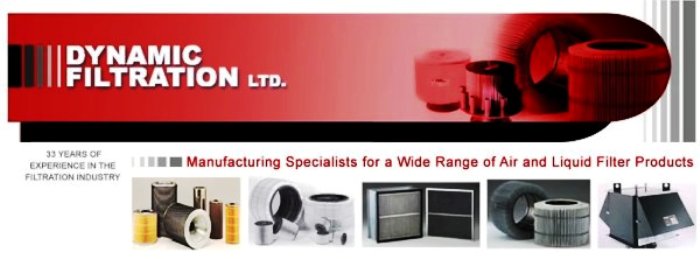First of all, if the supplier you choose has the capability to optimize the interaction between performance of your dust collector and the filter media as a coherent system, you will most likely benefit from a better and reliable business operation. Additionally, the fact that the operating costs will be a lot lower. Moreover, the development of a replacement filter for dust collectors is a very highly complex process that involves testing raw materials and properties of the filter element. Different technologies are utilized to assess media components to make sure the optimal design and materials are being used to properly suit your application requirements.
In addition, the manufacturing process for the filtration media often involves several steps but they usually begin in knowing the requirements of the application. These specifications are determined not just for the finished products but more importantly for the final filtration system wherein the filter will be incorporated. More importantly, there are plenty of factors that have to be considered in manufacturing a replacement filter for your dust collectors. These usually include the type and amount of material being trapped by the filter element, minimum efficiency levels, particular composition of the contaminants, and the physical environment to which the filter will be used or exposed.
Lastly, other important parameters to consider are pressure drop, temperature, humidity, vibration, and the cost as well. Our last piece of advice, you have to always consider that if the filter does not handle the challenges of the filtration operation of your dust collector, downtime and repair or replacement expenses make it a bad option. Hence, the key to maximizing the entire performance of your equipment is considering those different performance aspects.

 RSS Feed
RSS Feed
